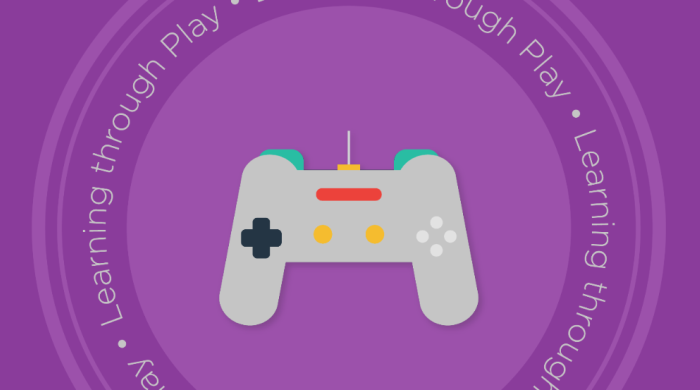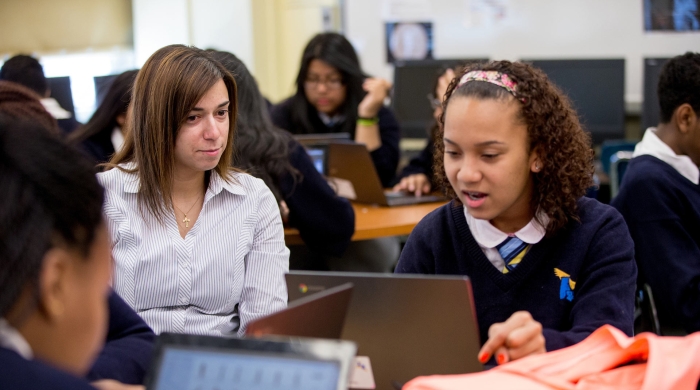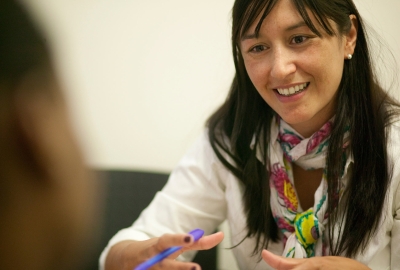
Research
Research from faculty in the Clinical/Counseling Psychology program is conducted in laboratories at New York University and the schools, hospitals, neighborhoods, and community settings in New York. Additionally, international research is a cornerstone of the program, with faculty and students engaged in studying developmental processes and contextual influences across countries such as China, Argentina, Denmark, and Korea. We work closely with our affiliated global faculty at NYU Shanghai and NYU Abu Dhabi campuses.
Areas of Research Focus:
- Women and depression; immigrant women; cross-cultural research; feminist epistemology and social action
- Development of prevention, intervention, and service delivery models for youth at risk for or affected with disruptive behavior disorders
- Development of, and social response to, violence and antisocial behavior, focusing on psychopathology, criminal justice systems response, and the role of gender and adolescence
- Immigration, community contexts, individual differences, and racial minority status and the mental health of Asian American individuals and families
- Multicultural assessment and counselor training; qualitative research methods; intelligence testing with diverse populations
- Psychosocial and cultural predictors of health among ethnic minority cancer survivors; development of culturally-sensitive psychosocial interventions; individual differences in emotion regulation and negative self-reflection
- LGBTQIA+ psychology (including homonegative microaggressions) and psychological assessment
Student Research
Students participate in the research team of a faculty member of the Clinical/Counseling Psychology program (or another Applied Psychology faculty, by program approval), beginning the first semester of the first year. Students are expected to allocate half of their time (at least 20 hours per week) to this research team throughout their graduate career. Students are free to transition to another team or collaborate with other research labs and/or research centers during their doctoral training. It is expected that student research experience will entail research productivity, including papers, grant writing, presentations, and publications.
Affiliated Research Labs/Projects
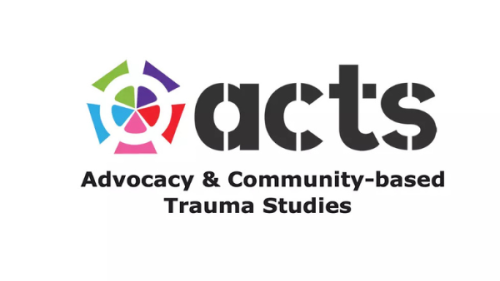
Advocacy and Community-Based Trauma Studies (ACTS) Lab - Dr. Alisha Ali
Our lab conducts research on treatments and interventions designed to help groups and individuals who have experienced trauma, violence, discrimination, and other forms of oppression. We are currently conducting a series of studies on the DE-CRUIT program, which uses techniques from theatre and classical actor training in combination with elements from cognitive and narrative therapy modalities to treat trauma in military veterans. These studies are supported by grants from the National Endowment for the Humanities, the National Endowment for the Arts, the Military Psychology Division of the American Psychological Association, the Humanities Council of New York, and the Laurie M. Tisch Illumination Fund.
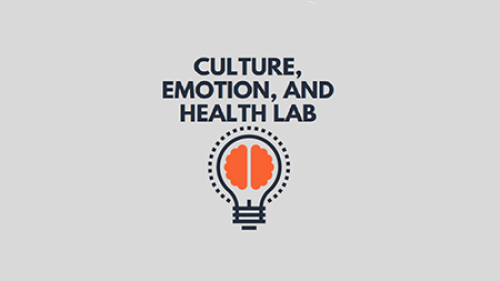
The Culture, Emotion, and Health Lab (CEH) - William Tsai
CEH lab studies how people regulate their emotions and cope with stress and how these processes lead to health and well-being. We focus our research questions on how cultural tendencies and values can shape the development and use of these processes. Our work is interdisciplinary, spanning across social, clinical, and health psychology. Recently, we have begun a line of research with ethnic minority cancer survivors, which is a population that experiences significant cancer health disparities. We are interested in applying cultural psychology theories with psychosocial interventions to overcome cultural barriers to reduce the undue burden of cancer experienced by ethnic minority cancer survivors.
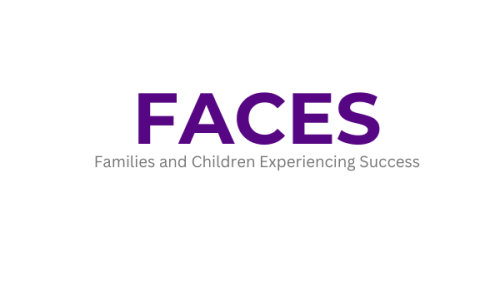
The Families and Children Experiencing Success (FACES) Lab - Anil Chacko
View Dr. Chacko's Publications
The FACES lab was developed to serve the families of youth exhibiting disruptive behavior disorders such as Attention-Deficit/Hyperactivity Disorder, Oppositional-Defiant Disorder, and other conduct disorders. Its research aims to understand how to develop the most effective prevention, intervention, and service models for youth with disruptive behavior disorders and related conditions or those at high risk for developing them.
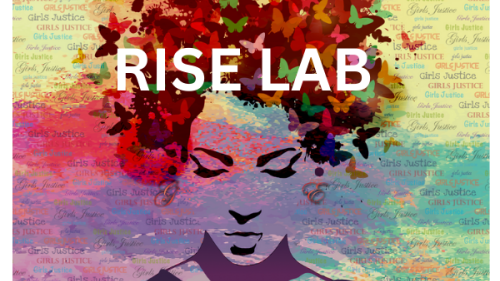
The Researching Inequity in Society Ecologically (RISE) - Shabnam Javdani
View Dr. Javdani's Publications
RISE is directed by Erin Godfrey, Ph.D., and Shabnam Javdani, Ph.D. The team’s research and activities serve traditionally marginalized populations, focusing on health and mental health disparities in women and youth who are involved, or at risk of involvement, with the justice system. As such, the RISE Team takes a contextual, multi-level and interdisciplinary approach to systems change and implementing evidence-based practices promoting health and well-being, working closely with community partners to bridge the gap between research and practice.
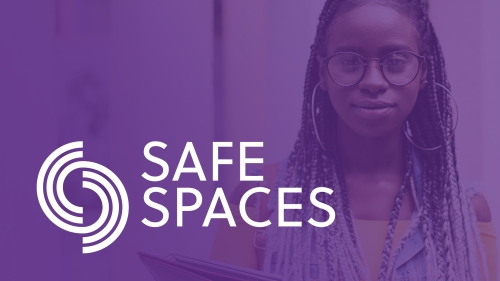
SAFE Spaces: Systems Aligning For Equity - Drs. Shabnam Javdani & Erin Godfey
View Dr. Javdani's Publications
Developed in partnership with the NYC Administration for Children’s Services (ACS), SAFE Spaces uses evidence-based principles to provide training and coaching support for frontline staff working in ACS Close to Home (CTH) non-secure and limited-secure placement facilities.
Through unique skills-based staff training activities and guidance from a trained coach, SAFE Spaces aims to increase the professional development, job satisfaction, retention, and well-being of CTH staff who work directly with youth. By focusing on these staff outcomes and the environment in which they work, we also help to promote and encourage a healthier environment for youth’s lives and promote their safety, well-being and positive development. The efficacy of SAFE Spaces is being assessed through a cluster-randomized control trial supported by the National Institutes of Mental Health (NIMH).
Affiliated Research Centers and Institutes
CREATE
The Consortium for Research and Evaluation of Advanced Technologies in Education (CREATE) engages in research on the design, critique, and evaluation of wide-ranging advanced digital technologies for learning. Projects housed in the consortium involve interdisciplinary teams of scholars and developers who bridge basic and applied research, development, and evaluation.
IHDSC
The Institute of Human Development and Social Change (IHDSC)'s mission is to stimulate interdisciplinary research and influence social policy on children, youth, families, and communities in the context of a rapidly changing social world.
Metro Center
The Metropolitan Center for Research on Equity and the Transformation of Schools (Metro Center) promotes equity and opportunity in education through engaged science work: applied research, program evaluation, policy analysis, community engagement, and professional assistance to educational, governmental, and community agencies serving vulnerable populations.

